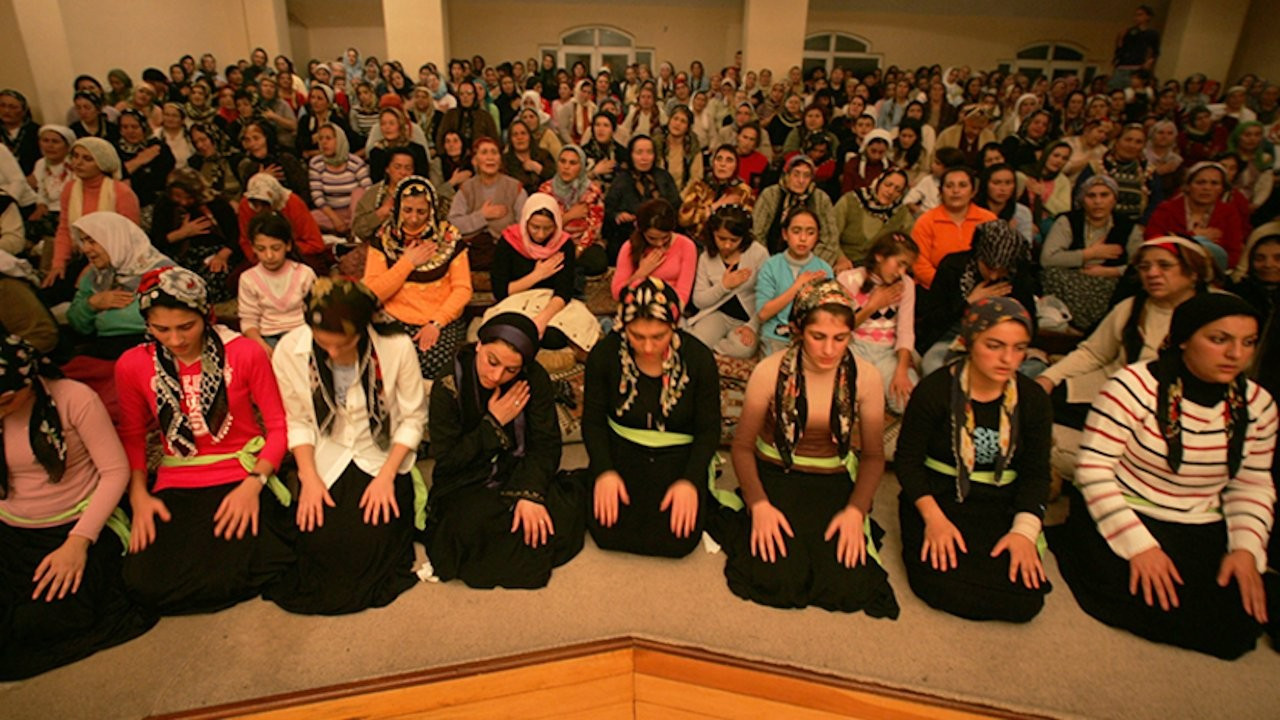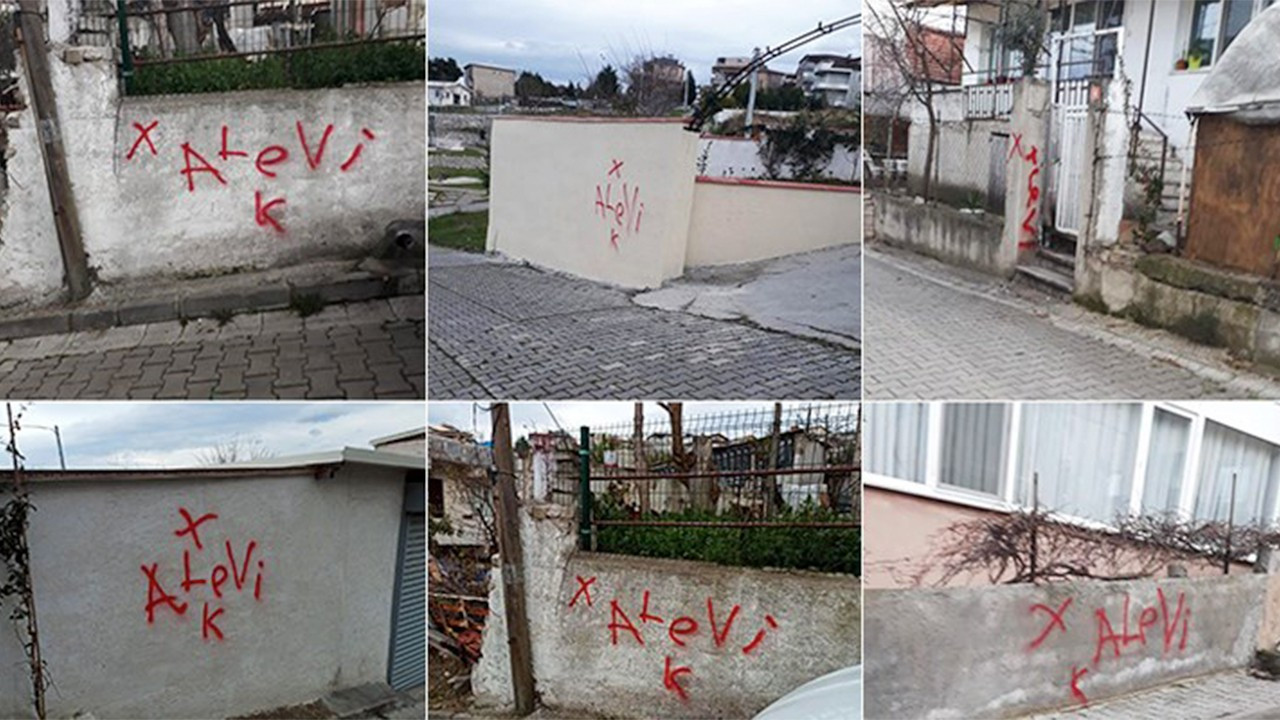Greece grants legal status to Alevi house of worship
The Greek government has approved the status of a cemevi in the Evros border region as a house of worship. The move came after Greek Deputy Minister of Education and Religious Affairs Angelos Syrigos last week paid a visit to a cemevi located in the village of Megalo Dereio.
Nikolaos Stelya / DUVAR
The Greek government has granted legal status to a cemevi – house of worship for Alevis – in the Evros border region, approving its use as a place where religious and social activities can take place.
The move came after Greek Deputy Minister of Education and Religious Affairs Angelos Syrigos on April 10 visited a cemevi located in the village of Megalo Dereio in Evros.
Following this visit, Syrigos announced that his ministry approved the cemevi to function as a house of worship.
Before this move, various Greek media had claimed that Turkey was conducting a “Sunni propaganda” in the western Thrace region.
Alevis have several dervish lodges in Greece, especially on Rhodes Island. In the city of Komotini, authorities recently launched the restoration of a dervish lodge.
Alevis make up an estimated 15-25 percent of Turkey’s population, the second main religious group after Sunni Islam. Despite the fundamental differences in religious practices between the two groups, the Turkish government to-date refuses to acknowledge Alevi cemevi as the legitimate place of worship and to grant cemevis the same financial support as mosques. Instead, Turkey claims that cemevi is a cultural entity.

 Alevism gains public institution status in Germany in major victory for AlevisDiplomacy
Alevism gains public institution status in Germany in major victory for AlevisDiplomacy Alevi family homes marked with red paint, crosses in western TurkeyHuman Rights
Alevi family homes marked with red paint, crosses in western TurkeyHuman Rights